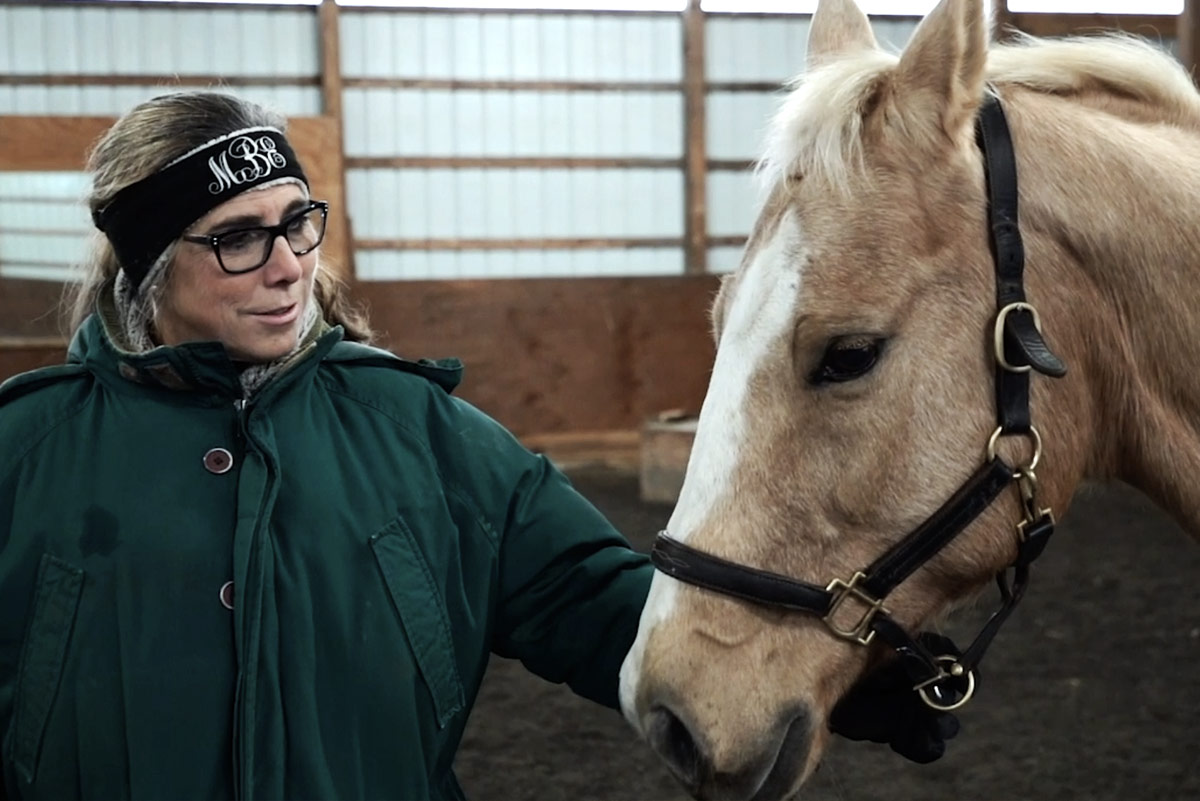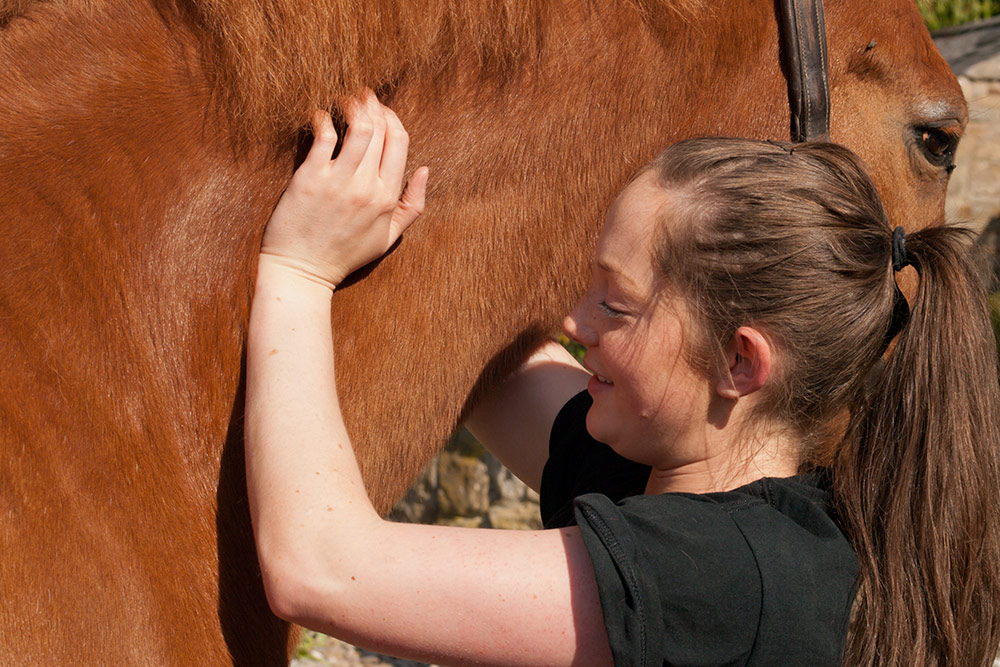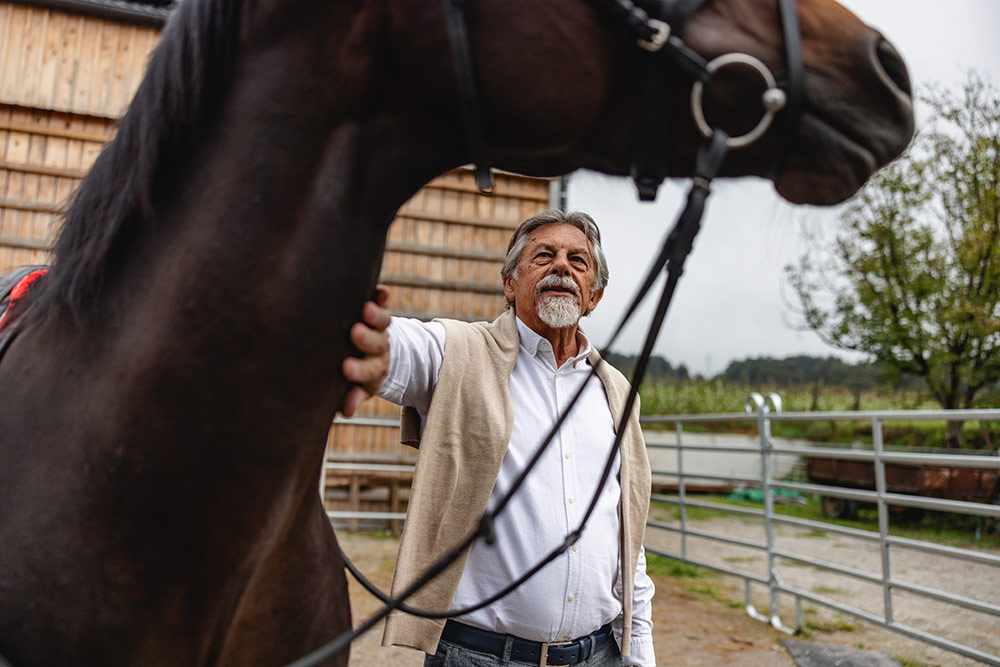OUR MODEL
THE EAGALA MODEL
Equine Education Foundation follows the EAGALA model and its equine specialist is EAGALA certified.
The EAGALA Focus
 The EAGALA Model provides a standard and structure for providing Equine-Assisted Psychotherapy and Equine-Assisted Learning sessions. Practicing within a model establishes a foundation of key values and beliefs and provides a basis for good practice and professionalism. The EAGALA Model provides a framework of practice, but within that framework, there are infinite opportunities for creativity and adaptability to various therapeutic and facilitating styles.
The EAGALA Model provides a standard and structure for providing Equine-Assisted Psychotherapy and Equine-Assisted Learning sessions. Practicing within a model establishes a foundation of key values and beliefs and provides a basis for good practice and professionalism. The EAGALA Model provides a framework of practice, but within that framework, there are infinite opportunities for creativity and adaptability to various therapeutic and facilitating styles.
The EAGALA Model
The team approach. The EAGALA Model is a team approach that includes a licensed, credentialed Mental Health Professional, a qualified Equine Specialist, and horses working together with the client in an arena always.
Focus on the ground. When inside the arena, all the work is done on the ground with the horses front and center, deliberately unhindered and never ridden, and allowed to interact with the client as they wish. This creates the space for the client, with the support of the professional facilitators, to reflect, project, and make deep connections.
Solution-oriented. The belief that our clients have the best solutions for themselves forms a foundation for the EAGALA approach. Rather than instructing or directing solutions, we allow our clients to experiment, problem-solve, take risks, employ creativity, and find their own solutions that work best for them.
Code of ethics. EAGALA has a strict code of ethics that the Equine Education Foundation adheres to.
The EAGALA Team
The horse. Horses have many characteristics that lend them to being effective agents of change, including honesty, awareness, and ability with nonverbal communication. The role of the horses in an EAGALA session is to be themselves.
The Equine Specialist (ES). The ES chooses the horses to be used in sessions, works with the MHP to develop activities, keeps an equine log to document horse behaviors in sessions, stays aware of safety and welfare of clients, horses, and team, and makes observations of horse SPUD’s (an EAGALA-developed observation framework taught in the certification training program) which can bring in potential metaphors.
The Mental Health Professional (MH). The MH is responsible for treatment planning, documentation of clients, and ensuring ethical practice. The MH builds on the ES’s horse observations, bringing in the metaphoric and therapeutic/learning relevance of the session.
LEARN MORE
> What is EAP
> Why Horses?
> Benefits
HELP US RAISE $2.5M
We have plans to build a world-class facility dedicated to veterans and people in need of equine therapy.

FROM OUR BLOG

How Your Tax Deductible Donation Can Make a Difference
Blog Many individuals and businesses are looking for ways to reduce their tax liability while also making a difference in the world. One effective way to do both is by making a large donation to a non-profit organization. In this blog post, we'll explore the benefits...

How Horses are changing lives for veterans with PTSD
Blog For veterans living with PTSD, the challenges can be overwhelming. From anxiety to depression, the effects of PTSD can be debilitating and make everyday life feel like a constant struggle. But did you know that horses can be a powerful tool in the treatment of...
We work
with local
Therapists
Equine Therapy can be a great addition to traditional therapy.
